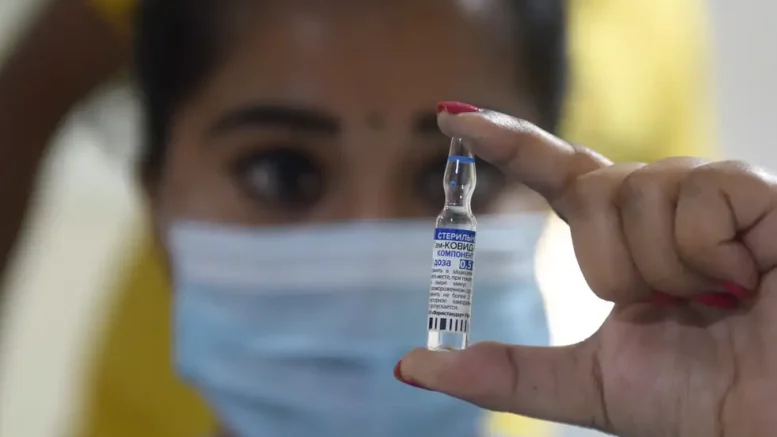Amidst the relentless battle against the COVID-19 pandemic, vaccines have emerged as a beacon of hope, offering humanity a vital tool in the fight against the deadly virus. However, recent research has introduced a concerning twist to this narrative, casting a shadow of doubt over the safety of these vaccines.
Since the pandemic’s onset, approximately 13.5 billion COVID-19 vaccine doses have been administered worldwide, representing a monumental effort in combating the virus. Remarkably, about 71% of the global population has received at least one dose of a COVID vaccine, underscoring the widespread vaccination campaigns.
Despite the remarkable vaccination achievements, a recent peer-reviewed study has raised significant health concerns among a substantial portion of the vaccinated population. This study, conducted by researchers from the Global Vaccine Data Network, a research arm of the World Health Organisation (WHO), stands as the largest COVID vaccine study to date. It scrutinized the expected versus observed rates of 13 medical conditions classified as “adverse events of special interest” among a study population of 99 million vaccinated individuals across eight countries.
The study unearthed several key associations:
- Rare instances of myocarditis (inflammation of the heart) were identified in recipients of Pfizer-BioNTech’s and Moderna’s mRNA vaccines, occurring after first, second, and even third doses. The highest rate was observed after the second dose of the Moderna vaccine, showing a 6.1-fold increase compared to expected rates.
- Individuals who received a third dose of AstraZeneca’s viral vector vaccine exhibited a 6.9-fold increased risk of Pericarditis, another heart condition. Moreover, recipients of Moderna’s first and fourth doses showed 1.7-fold and 2.6-fold increased risks, respectively.
- Recipients of AstraZeneca’s vaccine faced a 2.5 times greater risk of the rare autoimmune disorder Guillain-Barre syndrome and a 3.2 times greater risk of blood clots.
- Following vaccination with Moderna’s vaccine, there was a 3.8 times greater risk of neurological disorder acute disseminated encephalomyelitis, while AstraZeneca’s vaccine was associated with a 2.2-fold increased risk.
Despite these alarming findings, experts emphasize that the benefits of vaccination far outweigh the risks. They highlight that the likelihood of experiencing neurological events or heart inflammation is significantly higher after contracting COVID-19 than after receiving a COVID-19 vaccine. In the words of Jacob Glanville, CEO of biotechnology company Centivax, who is not involved in the study, “The odds of all of these adverse events is still much, much higher when infected with SARS-CoV-2 (COVID-19), so getting vaccinated is still by far the safer choice.”
In navigating this complex landscape of risks and benefits, the resounding message remains clear: vaccination remains an indispensable tool in the fight against COVID-19, offering a pathway towards overcoming the disease’s pervasive impact on global health and well-being.

